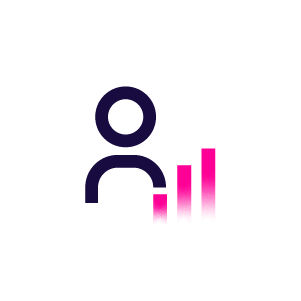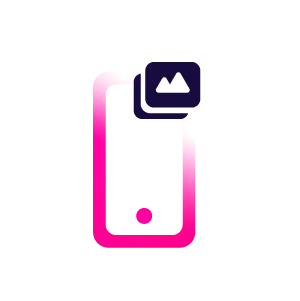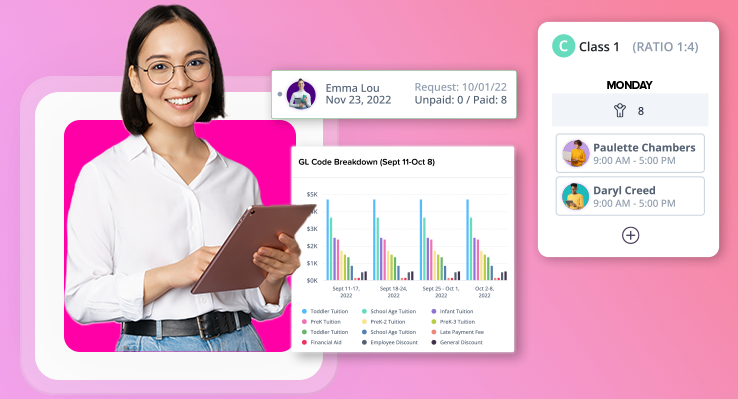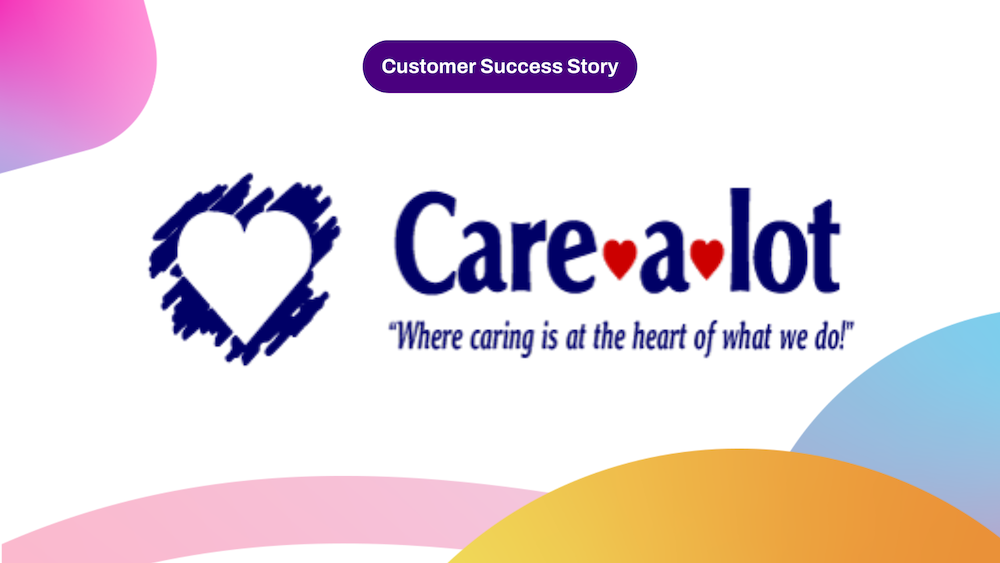Early childhood educators lay the foundation for children’s development and success. Those classroom moments play a pivotal role in shaping their social, emotional, cognitive, and physical growth. In order to provide the highest quality care and education, early childhood professionals must continually learn, grow, and improve themselves. That’s where professional development comes in.
Approximately 23% of teachers indicated they were likely to leave their job in 2024, with burnout cited as a primary factor (ThinkImpact.com) By investing in professional development, schools can help alleviate burnout by preparing teachers, giving them more confidence, and outlining a pathway to success.
In this article we’ll outline the importance of professional development in early childhood education along with resources you can use at your school to get started.
Staying Up-to-Date with Best Practices
The field of early childhood education is constantly evolving. New research consistently emerges on brain development, behavior management, curriculum design, and inclusive practices. Professional development ensures educators stay current with the latest evidence-based strategies, enabling them to apply modern techniques that better support child development.
You can learn more about best practices through:
- Conferences
- Community groups
- Continued Education courses
- Advocacy groups
- Certified publications
Improving Quality of Care and Education
Children thrive in environments led by knowledgeable, confident educators. Professional development empowers teachers to improve classroom practices, better understand child behavior, and deliver more engaging and effective learning experiences. When educators are well-equipped, children benefit from more nurturing, stimulating, and responsive care.
Enhancing Educator Confidence and Morale
Up to 30% of new teachers leave the profession within their first five years, often due to burnout and lack of support. (HeraldSun.com) Continued learning isn't just about skill-building—it also boosts confidence. When educators understand the "why" behind their work and feel competent in their abilities, they are more likely to feel fulfilled and motivated. This leads to reduced burnout and turnover, two major challenges in the ECE field.
Supporting Diverse Learners
Classrooms are becoming increasingly diverse in terms of language, ability, and cultural backgrounds. Professional development helps educators create inclusive environments where every child feels seen, supported, and able to succeed. Training in areas such as trauma-informed care, anti-bias education, and differentiated instruction is essential in meeting the needs of all learners.
Meeting Licensing and Accreditation Standards
Many states and accreditation bodies require a certain number of professional development hours each year. Failure to provide adequate training can lead to loss of accreditation, affecting funding, enrollment, and reputation. These standards help make sure educators are maintaining and enhancing their competencies, ultimately raising the bar for early learning programs across the board. Ensuring educators are participating in continued education helps your school stay compliant while increasing the quality of education provided to children.
Fostering a Culture of Lifelong Learning
When professional development is prioritized at the organizational level, it sets the tone for a culture of growth. This culture supports collaboration and team-building among staff. When educators understand their mission and are given the opportunity to grow, they are more likely to build trust and loyalty towards your school, assume leadership roles, and actively participate in your center.
Preparing for Leadership Roles
Professional development doesn’t just benefit classroom practices—it can also prepare educators for future leadership roles. Many educators transitioning into leadership positions report insufficient training and support, leading to challenges in effectively managing administrative responsibilities. Whether it’s moving into a director position, mentoring new teachers, or leading curriculum development, ongoing training helps professionals build the skills they need to take the next step in their careers.
Professional Development Resources for Early Childhood Educators
Whether you’re a seasoned pro or just getting started on your professional development journey, these resources can help:
Professional Development Opportunities for Childcare Providers
Training by Kangarootime: A Comprehensive LMS for ECE
Educator by Kangarootime: Online Support for Teachers
Free Whitepaper: The Effect of Positive Leadership
Onboarding and Training Tips to Build a Thriving ECE Team
When early childhood educators are empowered to grow, everyone wins: children receive better care, educators feel more satisfied and capable, and programs thrive. By prioritizing ongoing learning, we create stronger foundations for our youngest learners and help shape a more promising future for all.













